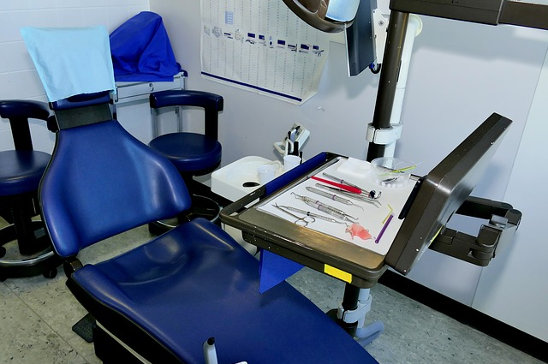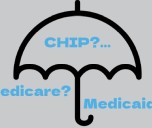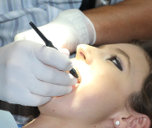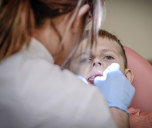
We usually associate the braces with children. Nowadays, however, more and more adults also become patients in the orthodontic offices. Fashion is not only about clothing, good cosmetics, complexion and hairstyle. White and healthy teeth are also trendy. When should an adult contact and orthodontist?
Symptoms that are a reason for visiting the orthodontist include among others:
- Exposure of the dental roots;
- Grinding the teeth;
- Crowding of teeth;
- Excessive tartar buildup;
- Tooth wear;
- Dental arch asymmetry;
- Lack of tooth development;
- Overlapping teeth;
- Extra gaps between the teeth;
- Underbite or overbite;
- Crossbite;
- Lingual occlusion;
- Sticking out teeth (most often canine teeth)
Adult orthodontic treatment
Nowadays, even 40+ patients can get the braces. Unfortunately, at this point, using removable braces to correct the malocclusion is impossible. In the case of adults, it is necessary to use fixed braces, and sometimes the treatment may last longer than in the case of children.
A problem that may occur concerns adult's bones, which contain more calcium what makes them more resistant to the treatment. Another element which may prolong the orthodontic treatment is the necessity of undergoing the dental treatment in the first place. Various dental crowns and bridges also make the treatment particularly difficult.
Most frequent reasons for adult treatment
Usually adults decide to contact the orthodontists due to functional disorder of the organ of mastication (e.g. a deep underbite). This kind of malocclusion usually follows posterior teeth loss and dislocation of the neighbouring teeth. In effect, the dental arch changes.
Sometimes, adults decide to treat malocclusion which they have been suffering from since ages (or even since childhood) and they have never tried to treat before. Though, we have to admit that the older the malocclusion is, the more difficult it is to treat it.
Treating adults is more difficult
Sometimes, treating adults is more difficult than treating children. One of the problem is the impossibility of changing the bone base in the mouth. Therefore, it is impossible to use the slow palatal expander in order to stimulate jaw's expansion. It is also forbidden to reposition the lower and the upper jaw. This kind of repositioning is possible only during the phase of bone development.
Article URL: https://www.dentist-pro.com/article,Adult-orthodontic-treatment.html



Add comment